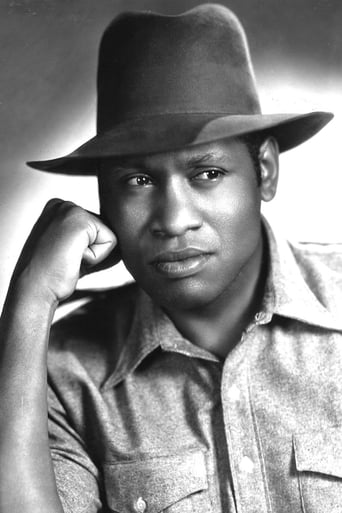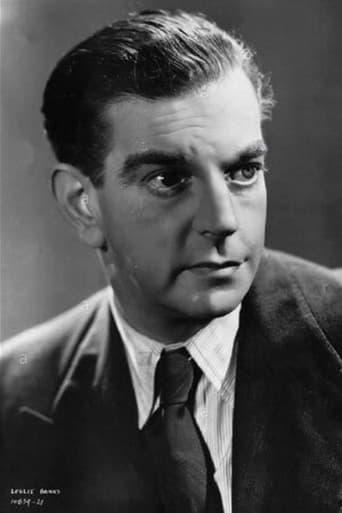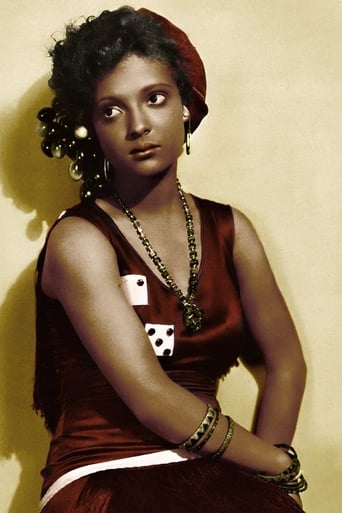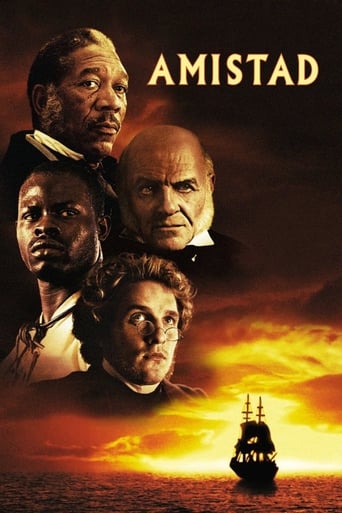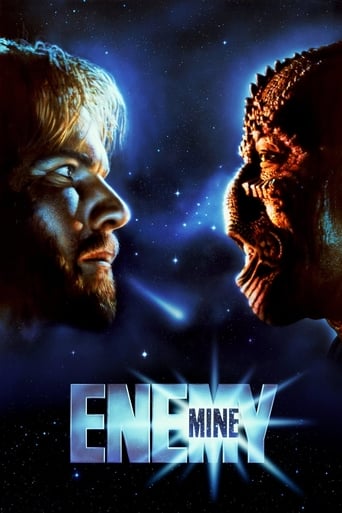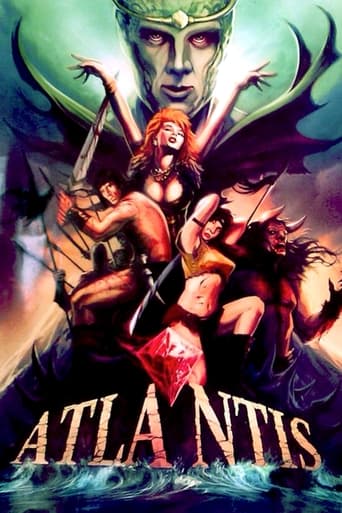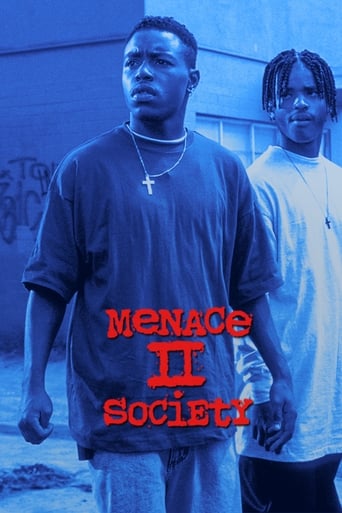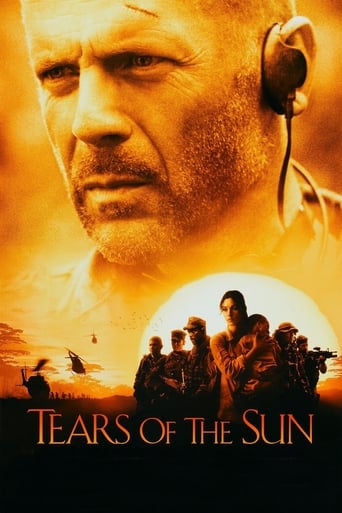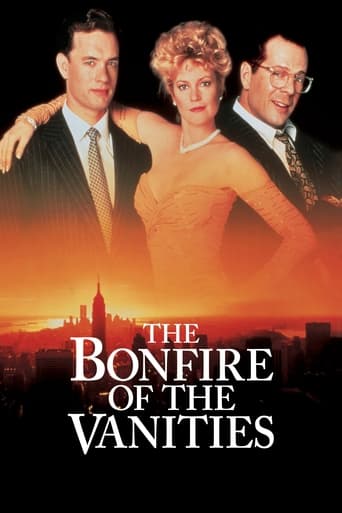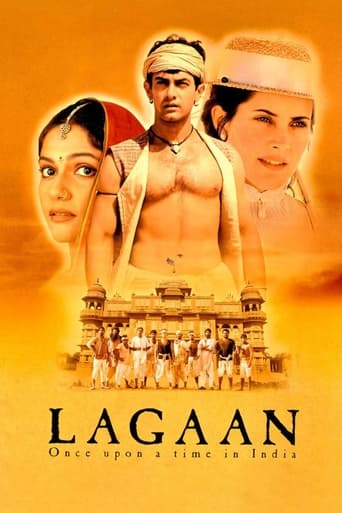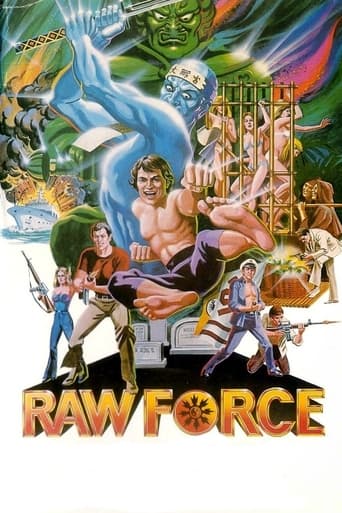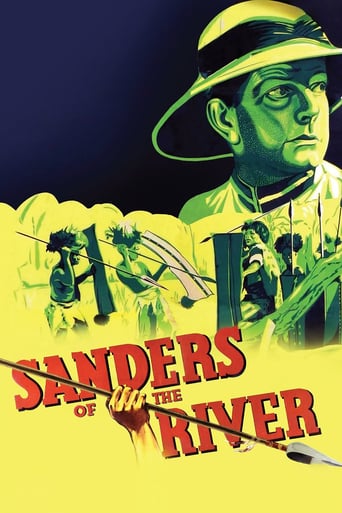
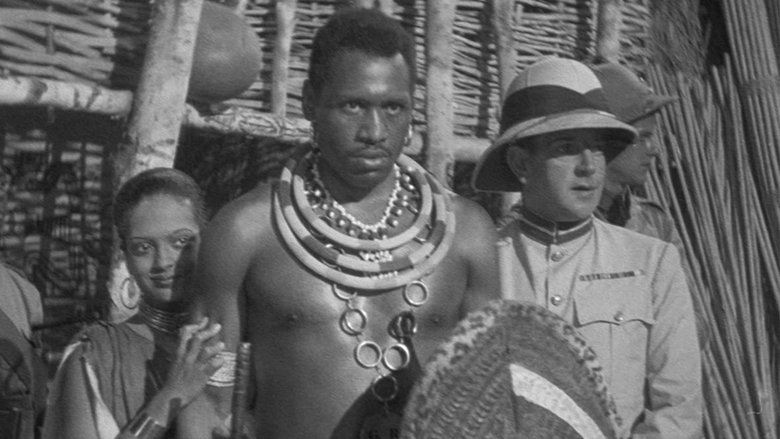
Sanders of the River (1935)
A British District Officer in Nigeria in the 1930s rules his area strictly but justly. He struggles with gun-runners and slavers with the aid of a loyal native chief.
Watch Trailer
Cast


Similar titles
Reviews
Sanders is a British officer who has picked up the white man's burden and made Nigeria a better place for the Africans who populate it. We know they are happy, because they are always singing. The British do not sing, however, because running an empire is serious business. There seems to be a cult of personality, however, since the place falls apart as soon as Sanders goes on vacation. As word spreads that he is dead, we see animals running about, so apparently even they are upset. War breaks out, and Sanders has to return. While he was gone, a couple of smugglers had been selling gin and rifles to the natives, which is against the law. But the rifles don't seem to do the natives any good, because they continue to use spears. As the boat Sanders is on races to save Bosambo, a good African chieftain who loves being ruled by Sanders and the British Empire, an officer commands an African worker who is operating the boiler to put more wood on the fire for more speed. The African replies that the boiler will blow. But the stiff upper lip of the British officer is not cowed by mere physics, and he contemptuously dismisses the warning. The boiler backs down and humbly submits to British authority, just like everything else.
In reviewing films involving African-Americans in chronological order for Black History Month, it's now 1935 when singer/actor Paul Robeson has gone to England for this movie produced by Alexander Korda's London Films with direction by Korda's brother Zoltan. It takes place and is partially filmed in Africa and concerns a British colonialist (Leslie Banks) who places Robeson in charge of keeping peace among various tribes especially when the tribal king (Tony Wane) seems intent on abusing his power. Later on, Robeson meets Nina Mae McKinney and makes her his wife and they have a couple of kids. I'll stop there and just say despite some questionable politics that permeate the film, this was quite a rousing adventure to watch what with many of the wonderful scenery along the countryside with various beautiful animal shots not to mention the wonderful singing voices of Robeson and, in one instance, Ms. McKinney. And the sequences of the tribes, whether chanting or going into battle, bring plenty of excitement to bear. So on that note, Sanders of the River is at the very least, well worth a look.
Paul Robeson is the star in this Ripping Yarn, with the British keeping the 'picaninnies' under control in Nigeria. A number of pastoral African scenes of the National Geographic variety (if you know what I mean) are included in this story of the conflict between two tribes in the African heartland. Don't believe the undergraduate comments here - this is nowhere near as racist as the B grade American films made in the same era ("The Jazz Singer" for instance, and it's ilk), or TV series of the fifties - the Africans are dead glamorous and brave, and the British characters wooden and two-dimensional.
Although the title refers to the British commissioner of the N'Gombi district of Nigeria during the Colonial days of the British Empire, Paul Robeson's magnificent rich baritone voice is easily the highlight of this well-made but dated film. Looking at it from the 90's perspective, I was appalled to see the native blacks treated as savages and children at the same time. Paul Robeson expected a different kind of film and unsuccessfully fought its release after it was completed. Leslie Banks plays Commissioner Sanders, called "Lord Sandy" by the natives, and oversees the various competing and sometimes hostile tribes. In the last five years, there has been peace among the tribes due mostly to the respect and fear of him. Robeson is a prison escapee who has been chief of the Ochuri tribe for the last five months, an illegal act without permission from Banks. He goes to Banks to claim that chiefdom, and Banks, knowing who he really is, and sensing he is a good man, proclaims him chief on the basis of those last five months. It pays off when word comes that Chief Mofolaba (Tony Wane) has been raiding other tribes to gather slaves, and Banks has Robeson and his warriors capture him and free those captives. It's a humiliation that Mofolaba swears he will revenge. Among the captives is lovely Nina Mae McKinney, who Robeson takes for his wife, and who bears him two children during the next five peaceful years. When Banks decides to take a year's leave of absence to return to London to get married, two villains spread the word that Banks is dead and there is now no law. They expect to profit by selling guns and gin to the natives. Mofolaba kills Banks' replacement and has his men kidnap McKinney to use as bait to lure Robeson to his land so he can have his revenge. Meanwhile, word gets to Banks, who hasn't yet left for London, about his replacement's death and the general lawlessness that now prevails, and he starts to return to Mofolaba's land. And Robeson takes Mofolaba's bait, but is captured and tied to a post next to the post that McKinney is tied to. Mofolaba promises him a slow death after he witnesses McKinney's death.


